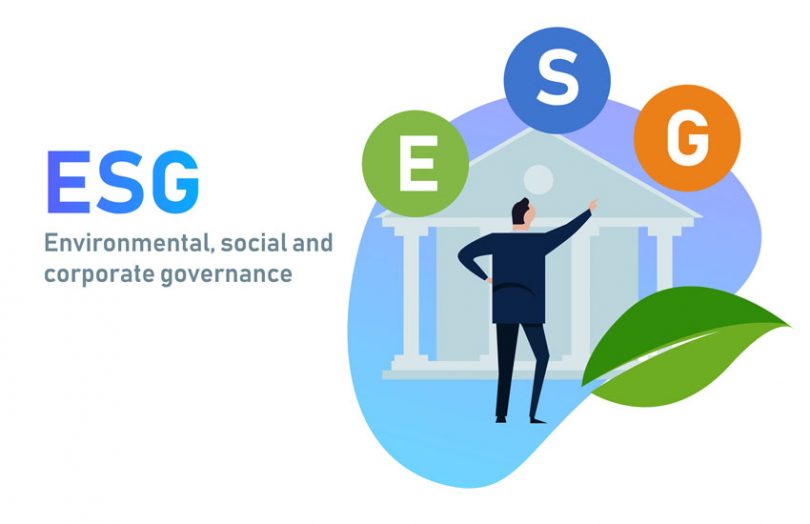Environmental, social, and governance (ESG) are acronyms that stand for Environmental, Social, and Governance. When analysing significant risks and development prospects, investors are increasingly including these nonfinancial aspects into their decision-making process. ESG investment funds indicators are not often included in statutory financial reporting, while firms are increasingly disclosing their environmental, social, and governance (ESG) impacts in their annual or separate sustainability reports. The Sustainability Accounting Standards Board (SASB), then the Global Reporting Initiative (GRI), and also the Task Force on Climate-related Financial Disclosures (TCFD) are among the organisations working to develop standards and define materiality to make it easier to incorporate environmental, social, and governance considerations into the investment decision-making process.
Trends in Environmental, Social, and Governance Investing
As interest in environmental, social, and governance ESG investment funds grows, numerous significant patterns are developing, ranging from climate change to social unrest. Because of the coronavirus pandemic, talks have increased about the interconnectivity between sustainability and the financial sector. Many institutions are leading the financial sector to provide helpful research, gather experts and practitioners for debate, and define standards to facilitate the mainstreaming of environmental, social, and governance (ESG) investment.
ESG Metrics (Environmental Sustainability Metrics)
There is no standardised strategy to the computation or presentation of many environmental, social, and governance measures. ESG factors may be addressed via various analytical methodologies and data sources, including weighting based on customer interest and potential value, which investors can use to their advantage. Understanding the relative strengths and limits of various ESG indicators may aid in the formation of a complete picture of ESG risks and opportunities in the business world.
How Socially Responsible Investing Can Help You Outperform Your Competition
Ecological, social, and governance investing (ESG investing) is a lens through which investors analyse companies and assess how these corporations compare to their peers in terms of performance when environmental, social, and governance factors are taken into account alongside financial considerations. While critics frequently assert that environmental, social, and governance (ESG) investing can harm returns, reduce diversification, and be challenging to implement when constructing a portfolio, recent research indicates that the premises are incorrect and that ESG investment can assist investors in achieving more promising comprehensive performance.
Competitive returns
Investors are often concerned that investing in environmental, social, and governance (ESG) will reduce returns. Conversely, a 2015 report by Oxford University and Arabesque Partners found that it is in the best economic interest of corporate managers and investors to incorporate sustainability considerations into their decision-making processes. Good ESG quality, in particular, may assist a firm in developing a competitive advantage, which can subsequently be used to propel the company to outperformance. For example, Coca-Cola has effectively enhanced their ESG quality and achieved higher performance due to reducing the water intensity of its manufacturing process by 20 per cent over the previous decade, as shown by its success.
When Marks & Spencer implemented ‘Plan A’ to source ethically, reduce waste, and assist communities, the company saw comparable results, resulting in a $200 million yearly savings. These findings demonstrate the significant influence that long-term product innovation has on a company’s bottom line revenue and profitability. As a result, by incorporating ESG considerations into their corporate sustainability frameworks, companies will realise cost savings through innovation, resource efficiency, and revenue enhancements through the sale of sustainable products, all of which should result in margin improvements and higher returns.





